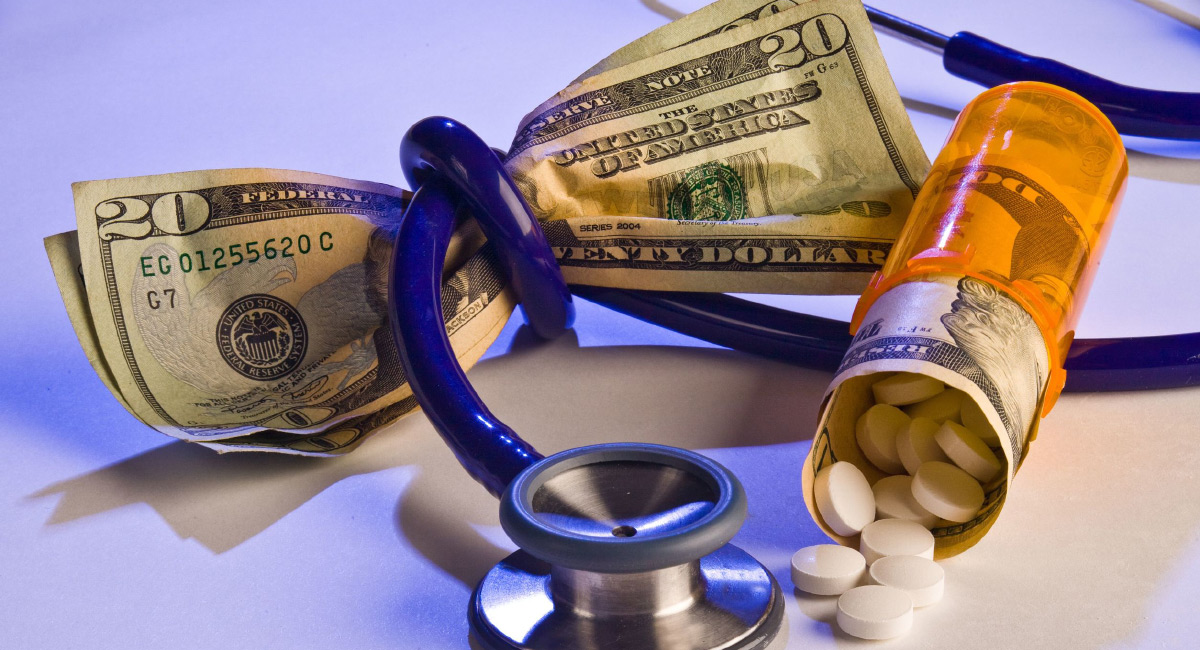The headline in the Wall Street Journal on Dec. 13 reads: “House Passes Bill to Reduce Drug Prices.” In contrast, the article continues, “The plan would discourage investment in research on new cures and treatments,” adding that it “would siphon $1 trillion or more from biopharmaceutical innovation over 10 years, leading to fewer drugs.” So how does the future read for new cures?
In his article published in the San Francisco Chronicle on May 5, 2002, E. O. Wilson presents the best argument I’ve ever seen in defense of new cures and against price controls on drugs. Wilson was a former professor of biology at Harvard University and author of two Pulitzer-prize books. He said that of all species in the universe, “fewer than 2 million are in the scientific register” and that “an estimated 5 million to 100 million—or more—await discovery.”
“Medicine,” he added, “is a domain that stands to gain enormously from the world’s store of biodiversity,” and that “only a tiny fraction of biodiversity has been utilized in medicine.” There is, he adds, a “pharmacological bounty of wild species . . . [and] all kinds of organisms have evolved chemicals needed to control cancer in their bodies, kill parasites, and fight off predators.”
I recall once traveling in a forest, and my companion told me that “the bark on that tree was found to fight cancer.” Who would have thought that possible?
My point is obvious: If price controls restrict drug companies, if they are not able to realize a significant profit, they will have no incentive to take risks and to invest prodigious sums of money in finding cures yet unknown to human diseases.
The remaining 100 million species yet to be discovered, which might be the cure of Alzheimer’s or AIDS or cancer, would remain largely untapped. This would be inhumane, not to us in the immediate present, but to our children and grandchildren.
The Tufts Center for the Study of Drug Development reports that the average cost for development through FDA approval of a drug is $2.6 billion, taking 10 years from initial development to FDA approval. Pending drugs must undergo several trial phases. Many drugs never get approved.
I am myself a beneficiary of a miraculous drug. I had suffered a heart defect where my heart could be seen pounding in my chest up to 12 hours a day, where I had difficulty breathing and was terrified. One pill, taken once a day, stopped the symptoms entirely.
That drug is now generic, costing me 7 cents a day. But that cheapness was not always the case; years ago, it was expensive. It had to be that way because a drug company needed to take the risk and to spend millions of dollars in research and development to discover this miraculous medication. I am thankful that price controls on this drug were not in effect back then, so that I might not have this drug now.
That same disparity of costs holds for millions of drug-users. Government-mandated price controls at the creation of a drug would be inhumane for potential later users of that drug for a cheap or cheaper cost.
If Congress passes a law mandating price controls on drugs, that will, of course, help millions of prescription drug users—now. But it will harm untold millions of prescription drug users in the future. Speaker of House Nancy Pelosi (D-Calif.) in supporting the House bill placing price controls on drugs exclaimed, “Prescription drug prices are out of control.” Putting them under control would cause more significant pain and premature death for millions in the future.








